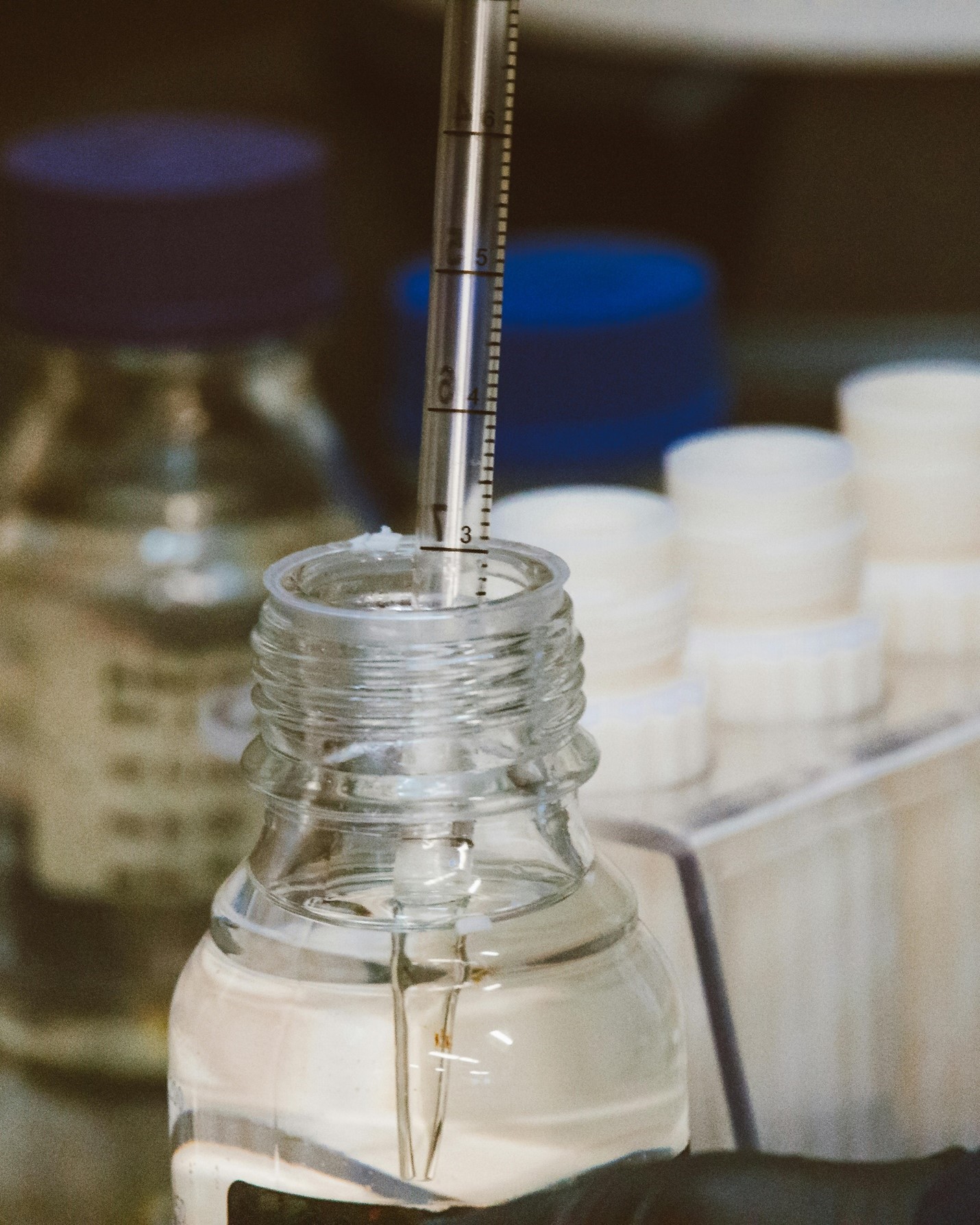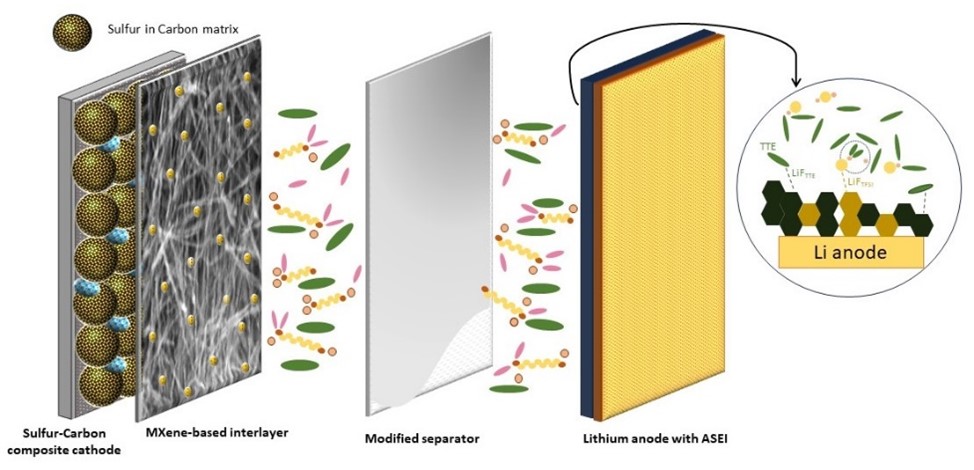Electrolyte Development
Giner Labs has extensive experience developing electrolytes for specific chemistries and extreme environments. This includes solid electrolyte, electrolytes for high voltage Li-ion cathodes, and operation in extreme low temperature conditions (< 40°C) Li-S for space applications.


Li-S Electrolyte Development
Customized electrolyte for Li-S battery to mitigate polysulfide shutting effect and protect Li-anode.
A critical issue in liquid Li-S systems is the dissolution of the lithium polysulfides that are formed as intermediates in the sulfur redox reaction into the electrolyte. These lithium polysulfides can then migrate to the Li metal anode, leading to irreversible loss of active material, anode degradation, and cell failure. Electrolyte design is a key component for addressing this issue as tuning the electrolyte controls the kinetics of the sulfur conversion reactions, as well the energetics of lithium polysulfide dissolution.
Solutions to a Critical Issue in Li-S Systems
Giner is currently developing novel ether electrolyte compositions based on a localized high concentration electrolyte (LHCE) design principle that will accelerate reversible soluble to insoluble polysulfide conversion and form a protective SEI layer on the lithium anode. Through this work, Giner has formulated, characterized, and electrochemically evaluated electrolyte compositions targeting high ionic conductivity and low flammability (patent pending). These electrolytes provide superior charge-discharge capacity performance and long cycle life. This ongoing program leverages in-situ spectroscopic measurements to provide a fundamental understanding of the Li+ solvation-electrochemical property relationships and guide electrolyte design. Giner will validate the performance of these electrolytes in high-energy (400 Wh/kg) Li-S pouch cells.
